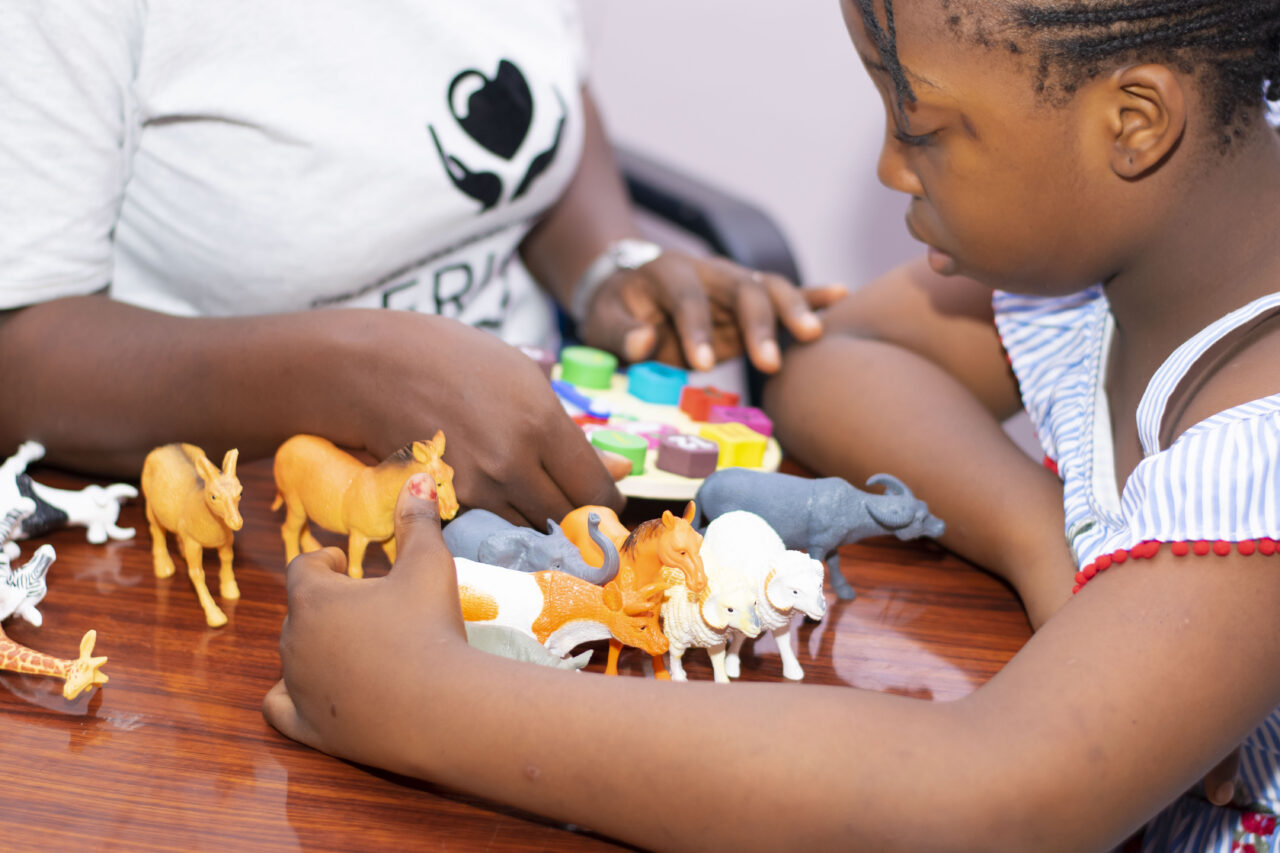
Learn about social stages of play for children 0-6+ years
Play is an essential part of a child’s development, and it provides a platform for children to learn about the world around them. However, not all play is the same, and as children grow, their play evolves into more sophisticated forms. Understanding the social stages of play for children can help parents identify the type of play their child is engaging in and support their development. In this blog post, we will provide an overview of the social stages of play for children aged 0-6+ years.
Solitary Play (0-2 years)
Solitary play is the earliest stage of play and is typical of babies and toddlers aged 0-2 years. At this stage, children play on their own with toys, without interacting with others. This type of play is essential for developing concentration and fine motor skills, and it also allows children to explore their environment safely.
Parallel Play (2-3 years)
Parallel play is the stage where children play next to each other, but without interacting or sharing toys. Children aged 2-3 years engage in parallel play as they begin to develop social skills, but are not yet ready to interact with others. This type of play is common in daycare settings and is an essential step in the development of social skills.
Associative Play (3-4 years)
Associative play is the stage where children start to play with each other, but without a set structure or rules. Children aged 3-4 years engage in associative play, where they may share toys, but they may not have a common goal. This type of play is important for developing social skills, including communication, negotiation, and cooperation.
Cooperative Play (4-6+ years)
Cooperative play is the stage where children engage in play that has a common goal or structure. Children aged 4-6+ years engage in cooperative play, where they work together to achieve a goal, such as building a tower or playing a game. This type of play is essential for developing social skills, including leadership, teamwork, and problem-solving.
Conclusion
Understanding the social stages of play is essential for parents to support their child’s development. By providing opportunities for children to engage in different types of play, parents can help children develop social skills and prepare them for school and beyond. At CAMI Africa, we understand the importance of play in a child’s development, and we have trained professionals who are available to offer guidance and support to both parents and children. Contact us to learn more about how we can support your child’s development.
At CAMI Africa, we have top speech therapy experts for children and adolescents. Contact us to learn more about how we can support your child’s speech and language development.
